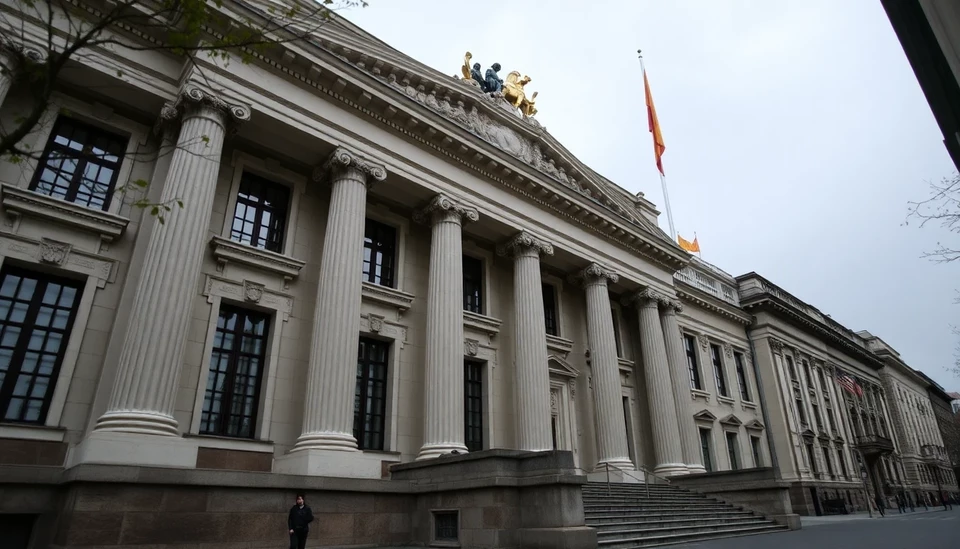
In a landscape marked by economic volatility, the largest Eastern European economies are facing significant challenges as Germany's growth trajectory stumbles. This situation has sparked concerns among regional leaders and economists, who are now grappling with the longer-term implications of a declining German economy that has traditionally served as a financial anchor for the region.
The impact of Germany's economic deceleration is particularly pronounced in countries like Poland, Hungary, and the Czech Republic. These nations have historically benefited from their economic ties to Germany, which has been a leading trading partner and a source of investment. However, the ongoing uncertainties surrounding Germany's industrial performance and consumer spending have begun to ripple through to its Eastern European neighbors.
Recent data highlighted that Germany's manufacturing sector showed signs of weakness, leading to reduced orders from suppliers in Eastern Europe. Polish and Czech manufacturers, who rely heavily on German demand, reported slowdowns in production and exports, forcing some firms to reconsider their operational strategies. This downturn could potentially derail the economic progress these Eastern European nations have achieved over the past few decades.
The decline in Germany's manufacturing output is attributed to several factors, including supply chain disruptions exacerbated by geopolitical tensions, declines in consumer confidence, and fluctuations in energy costs. As Germany navigates these challenges, its Eastern European neighbors are left to adapt to a new economic reality where growth may be stunted without strong German support.
Additionally, the repercussions extend to the labor market, where job creation is increasingly at risk. In regions heavily reliant on German investment, unemployment rates are expected to rise if the situation does not improve. Employers are faced with tough decisions regarding workforce management as they brace for a possible downturn. This grim outlook has forced policymakers in Eastern Europe to reconsider their economic strategies and seek new partnerships beyond Germany.
Leaders in these Eastern European nations are advocating for increased domestic investment and are exploring opportunities to diversify their economies. Efforts are being made to foster innovation and stimulate growth in other sectors such as technology, green energy, and agriculture. However, these initiatives will take time to materialize, leaving immediate economic vulnerabilities unaddressed.
Moreover, the European Union's response to potential economic fallout has become a focal point of discussions. Policymakers are weighing the implications of Germany's situation on EU cohesion, trade agreements, and collective fiscal health. The need for a coordinated response to support regions that may be disproportionately affected by Germany's instability is becoming increasingly urgent.
As the scenario unfolds, industries across Eastern Europe are left in a precarious position, hoping for a resurgence in both German demand and broader economic stability. The coming months will be crucial in determining how these economies adapt to the changing landscape and whether they can maintain their growth amidst external pressures.
The convergence of these economic challenges emphasizes the interconnectedness of Europe’s economy and serves as a stark reminder of how changes in one major economy can produce widespread consequences. The resilience of Eastern Europe will be tested, highlighting the need for strategic leadership and adaptable policies in the face of adversity.
In conclusion, as the situation progresses, Eastern European nations are at a crucial juncture. Observers are keenly watching how these economies will navigate the headwinds stemming from Germany's faltering economic engine.
#EasternEurope #GermanEconomy #EconomicChallenges #Poland #CzechRepublic #Hungary #EU #Manufacturing #Trade #GlobalEconomy
Author: Daniel Foster




